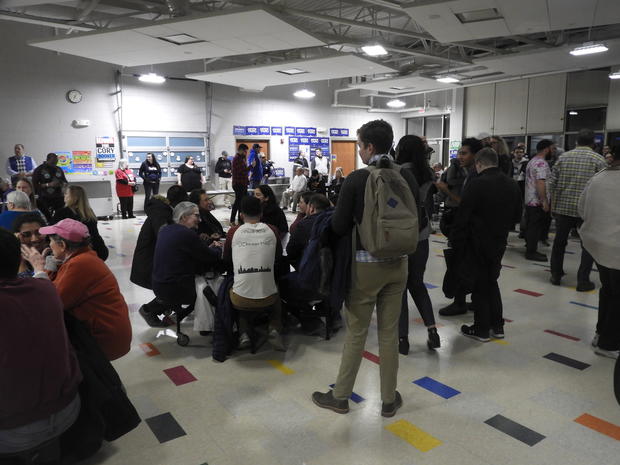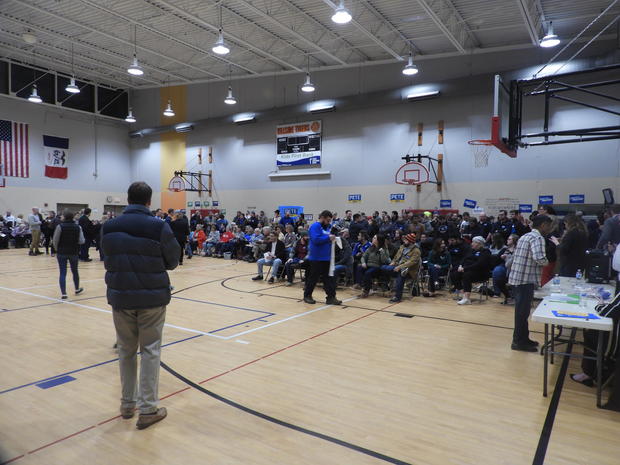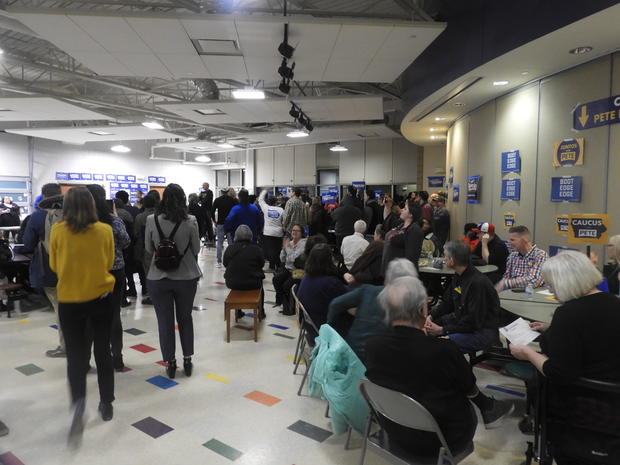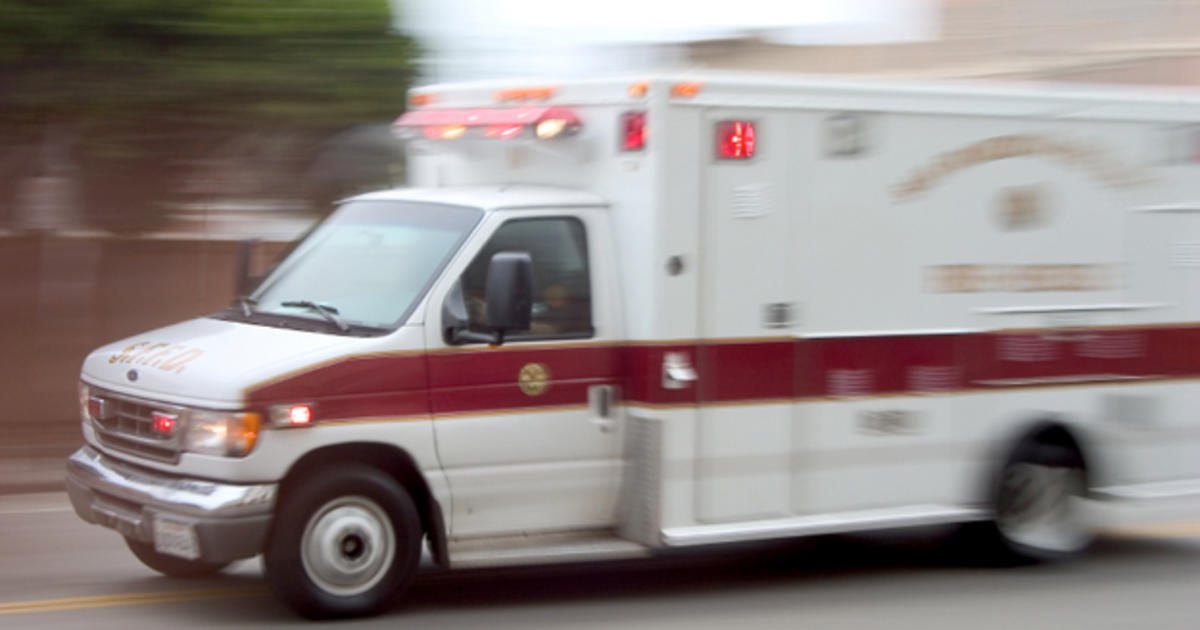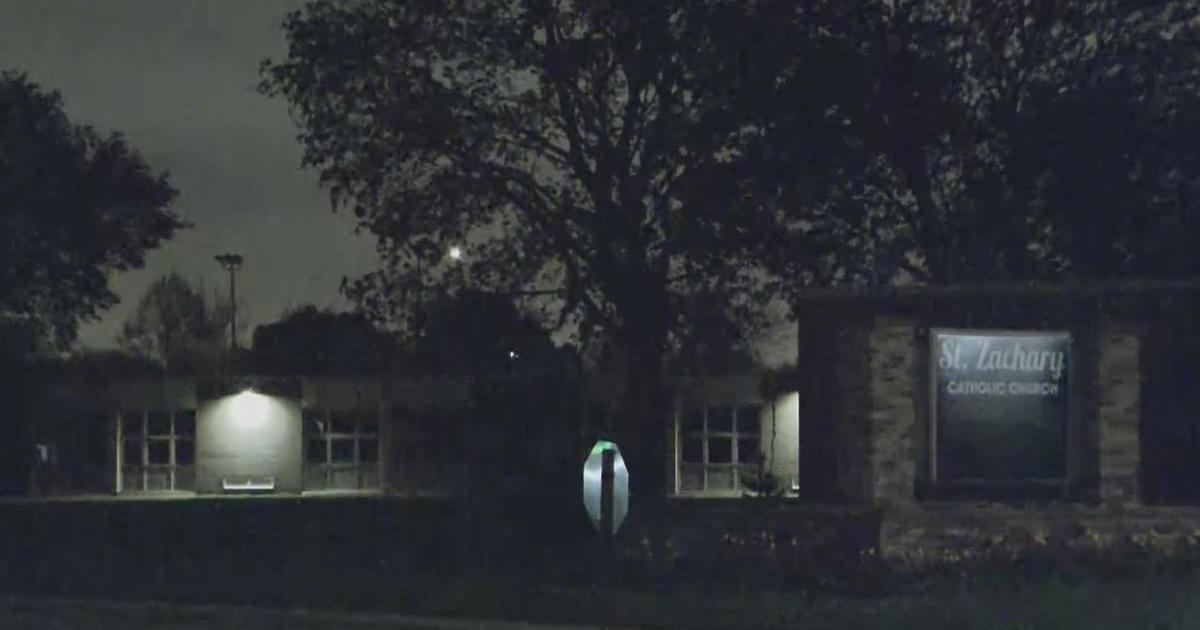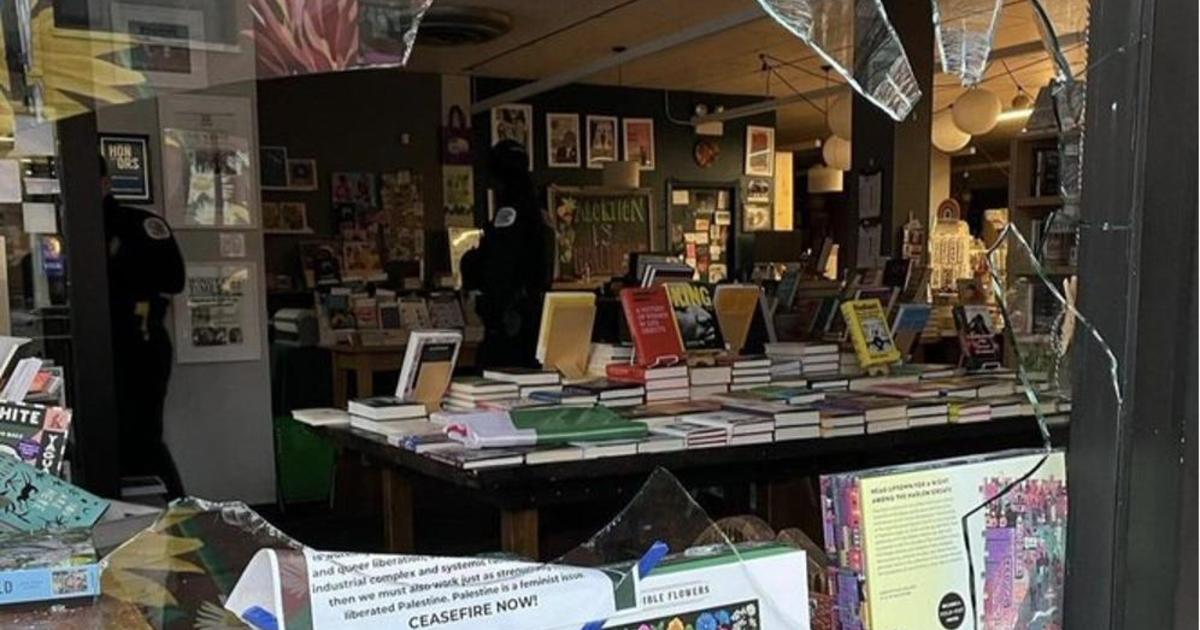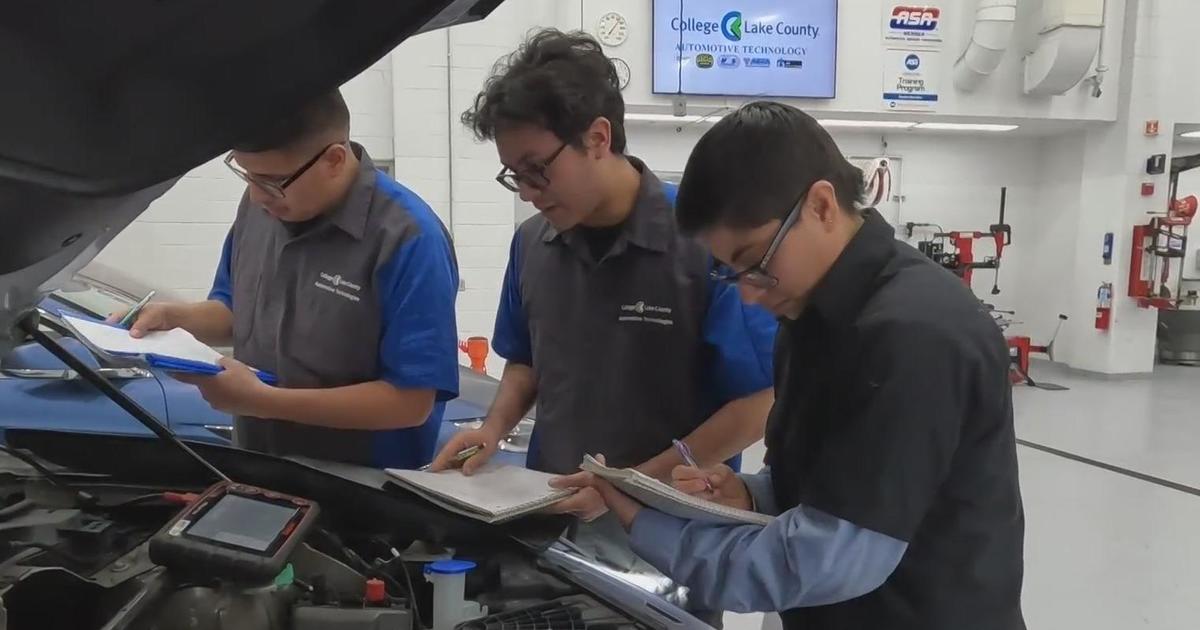Iowa Caucuses Teach University Students A Lesson In Presidential Politics; 'There's A Lot Of Strategic Gameplay'
by Todd Feurer, CBS Chicago web producer
WEST DES MOINES, Iowa (CBS) -- Decision day in Iowa proved a valuable learning experience for a group of University of Chicago students who traveled to the Des Moines area to watch democracy in action as voters made the first official choices for presidential nominees in 2020.
As part of the Iowa Project at the University of Chicago Institute of Politics, a group of about 50 students visited Iowa on Monday, observing a handful of caucus sites, including at Hillside Elementary School in West Des Moines.
"This was the wildest event I've ever been to," said Melia Allan, a first-year political science and music student from Madison, Wisconsin.
Before actually watching the caucuses, the Iowa Project students first met with a group of local and national reporters to talk about the presidential campaigns, met with Iowa state officials at the capitol, and toured a campaign operation at work to get a feel for the whole process.
Still, many of the students said they didn't know quite what to expect at the caucuses themselves.
"I assumed everybody would just be giving, like, their standard stump speech, but people went up and said, 'Oh, mental health matters to me, because of a thing I've had,' or 'My wife really liked this candidate, so I do too. I trust her.' And I think it was a really nice aspect not just to hear what politicians want you to hear, but hear what other people actually interpret their message as," said Eli Zerof, a U of C freshman from New York.
The caucuses are effectively town hall meetings where neighbors and strangers publicly show their support for their favored candidate, and try to convince other voters to join their camp.
There are two rounds at each caucus. If supporters of a particular candidate don't reach a 15% viability threshold in the first round, they can either throw their support behind another candidate who does, or team up with the supporters of another non-viable candidate in order to reach the 15% minimum to earn a share of delegates.
"I was surprised how hectic it was in the room. You always know it's going to be hectic, because you are constantly moving people to get into your caucus, and you're caucusing to tell how much you love your candidate. But I think that there's a lot of strategic gameplay almost," said Lena Diasti, a first-year U of C student from Tampa, Florida. "It's interesting of how much strategy they have to put into it to just have their voices heard, and make sure that their vote counts within this caucus."
One common refrain among the University of Chicago students was an appreciation for the communal nature of the caucus system; especially with how civil all sides remained even in rooms filled with hundreds of voters trying to sway each other to support their candidate.
"I think it was partially a voting process, but also just kind of a local government meeting, just like a block meeting. Everybody knew each other, and they were saying, like, hi to everyone," Zerof said. "I think like that also really played into the actual voting process itself. It was much more personal than I expected it to be."
Although the students couldn't participate in the actual caucus process themselves, they said they were able to talk to the gathered voters to
"Getting to sit with the undecided people and chat with them, that was so cool to hear, and it was cool to track where each person went from the undecided group for their final categories," said Maya Mitrasinovic, a first-year student from Brooklyn. "Everyone was so genuinely excited to talk to people, and that was really interesting. People were really friendly, and just kind of just really trying to convince people, and give personal stories."
Zoe Benjamin, of Oakland, Calif., said it was "one of the most insane things I've seen in my entire life."
"I can't decide if it was the most or least democratic thing I've ever seen. Definitely a lot more communal," she said. "I've worked at the polls, and done get out the vote stuff; and I have never met friendlier, more open, politically public people in my entire life. It was really cool to see."
Diasti said she thinks there is a lesson to be learned from the caucus process, even if the system itself can't easily be adopted across the U.S., especially in larger states where caucuses could prove unwieldy.
"I think it was the most democratic thing that you can see, because you can see people trying to communicate why their experience is valid, and why this candidate would be the best for them and for other people. So I think it really humanizes this process that can sometimes feel like the individuals don't matter, when at the end of the day people are sharing their stories of why they are caucusing for this person," she said.
Allan said the caucuses also show the value of civil debate and discourse.
"It shows that you can build a really strong community around politics, and it doesn't have to be something that's immediately isolating. You can still have a conversation with someone who supports a different candidate. You can still have talks across the aisle, and you can still be friends, you can still be neighbors," she said.
